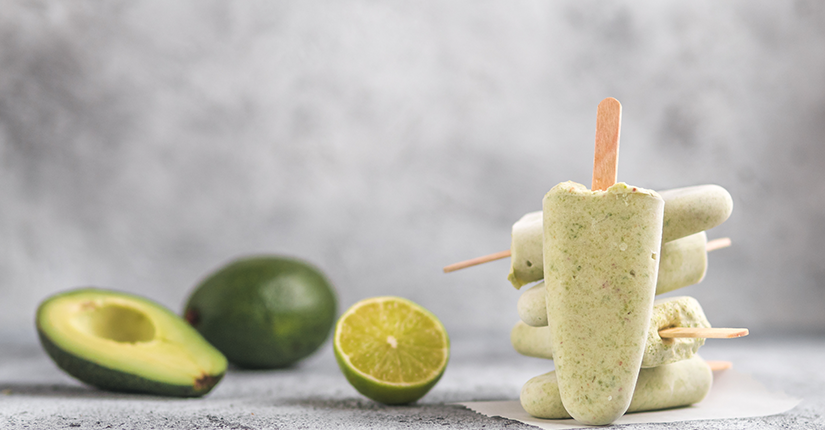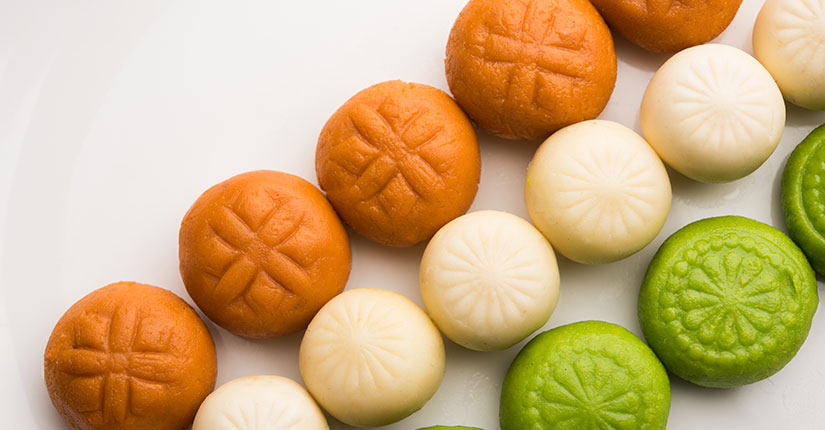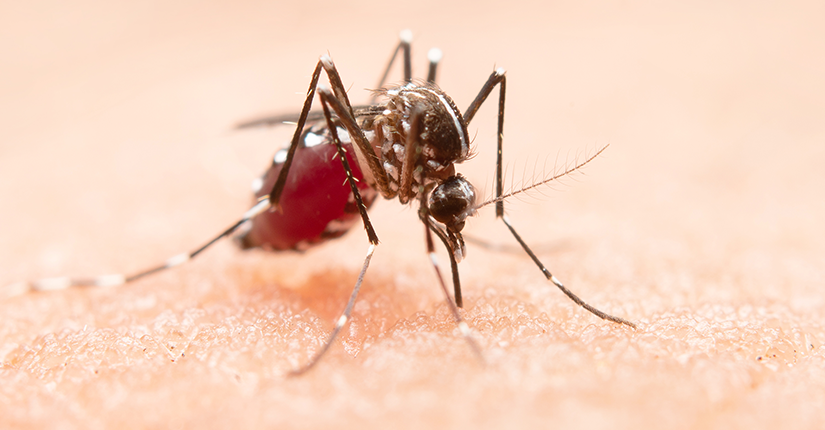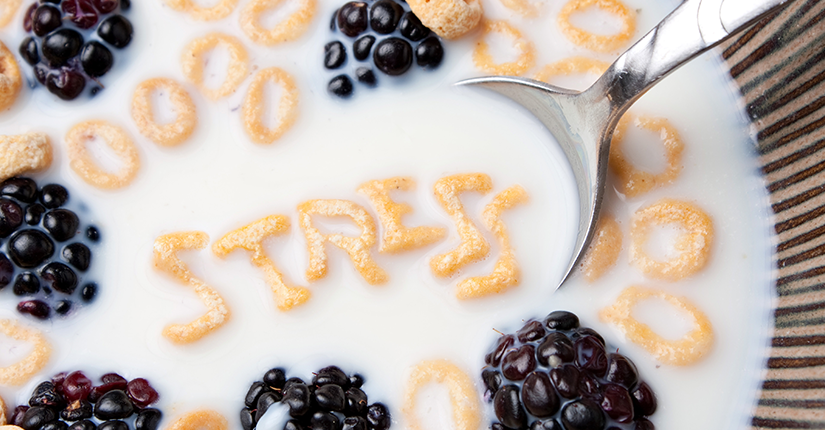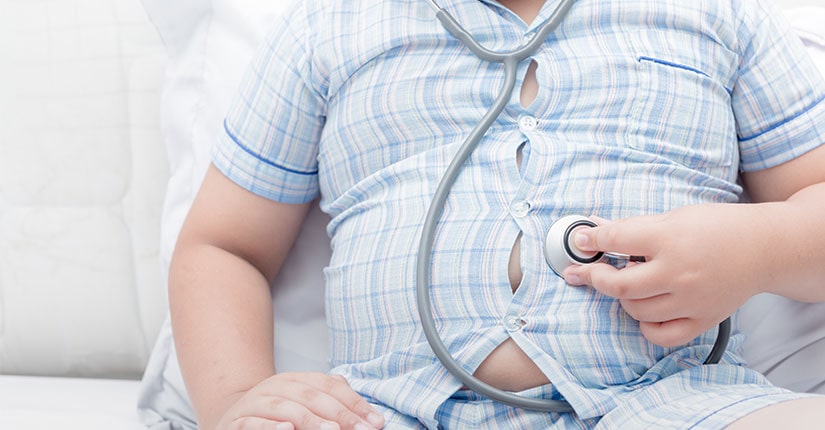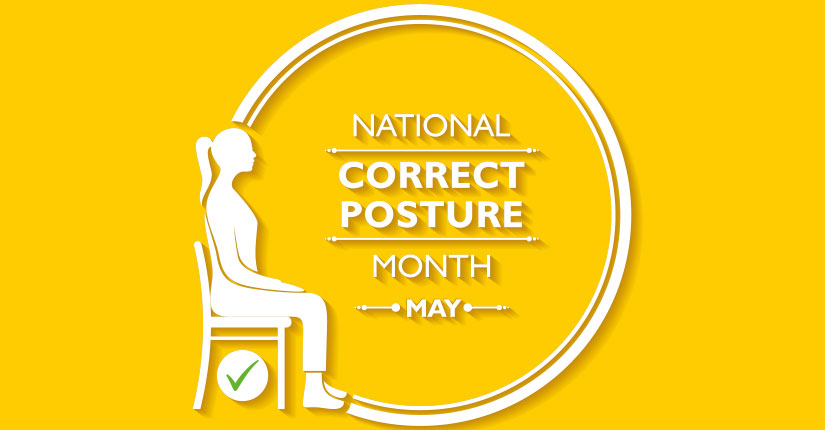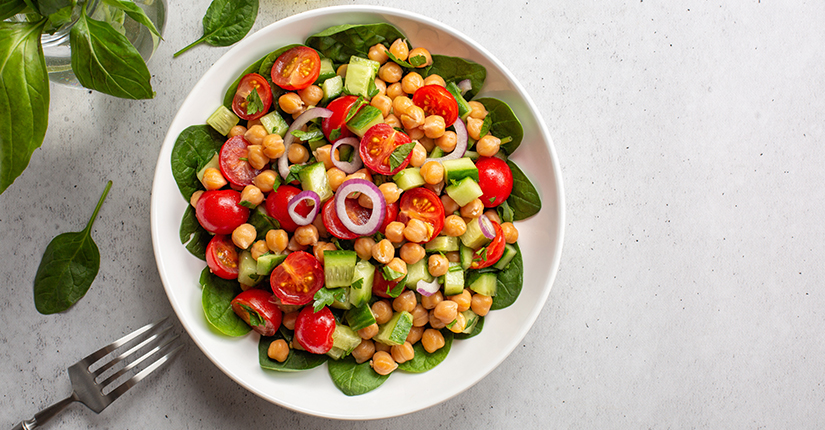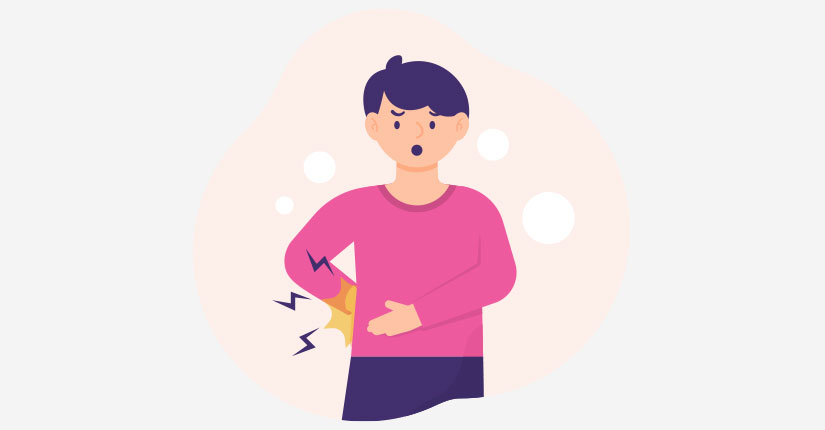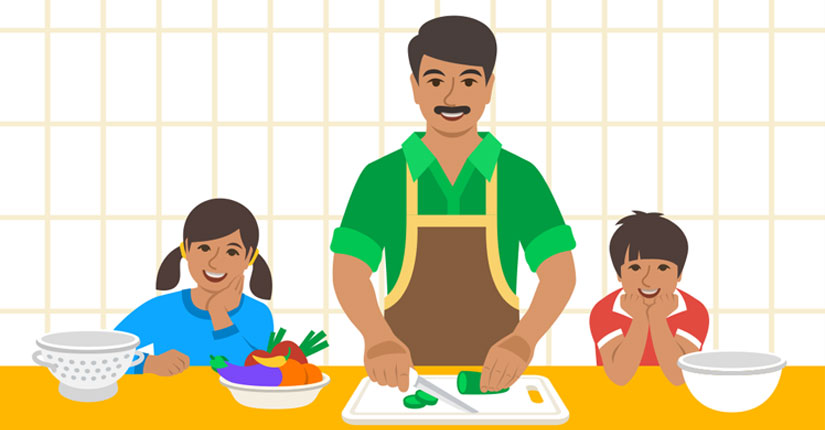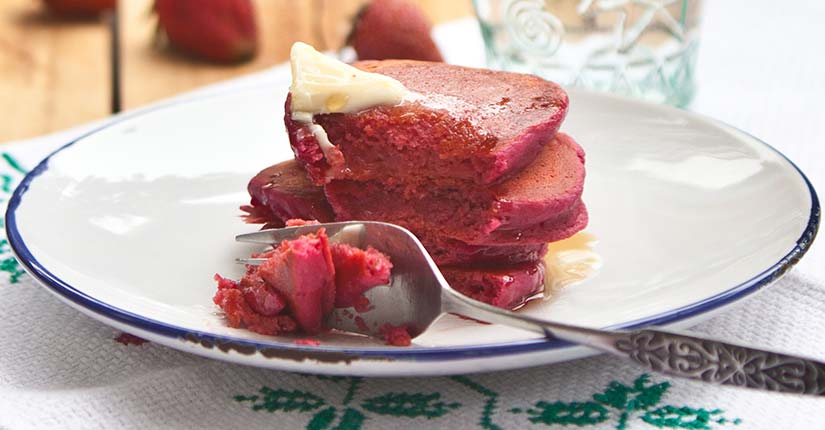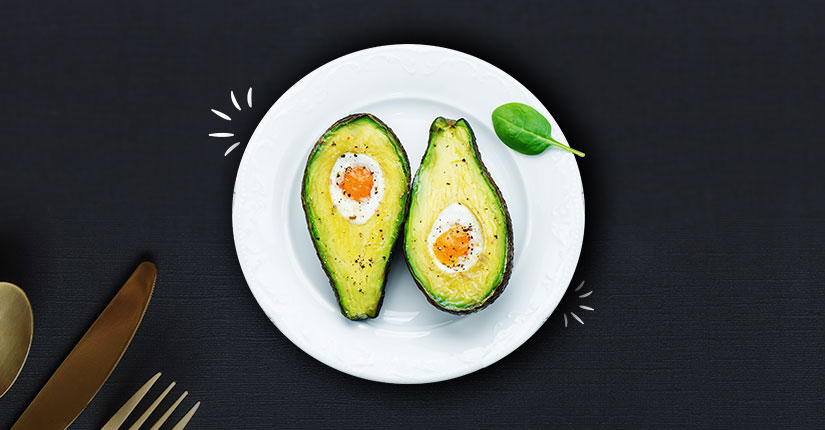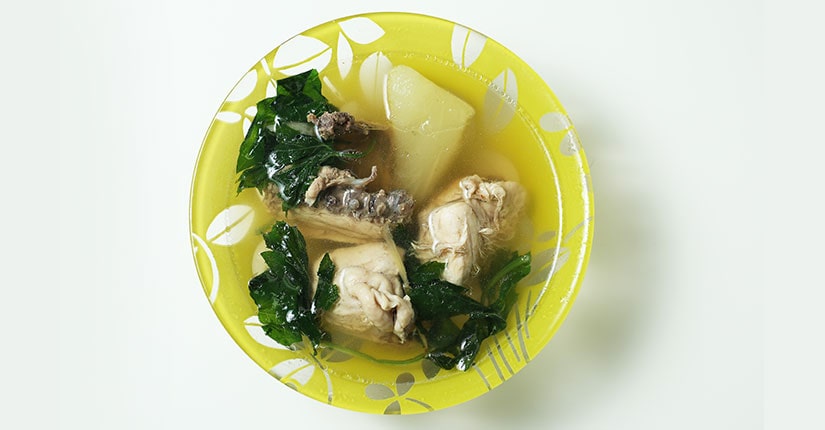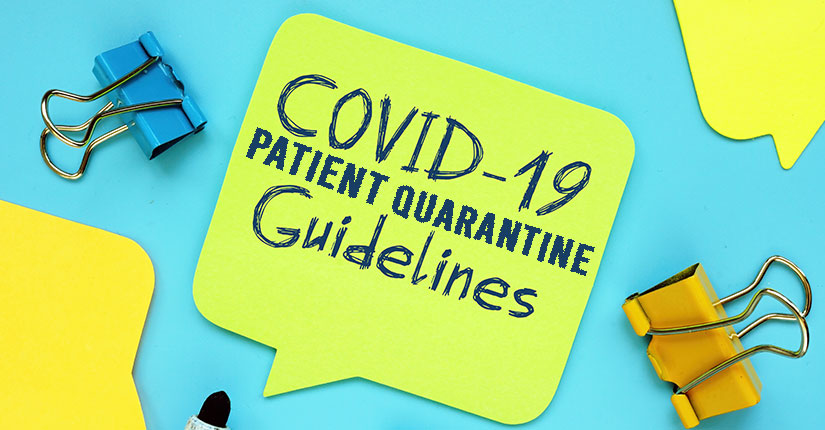Dietary Management of Breast Cancer
By Nmami Agarwal 03-Oct 2020 Reading Time: 5 Mins
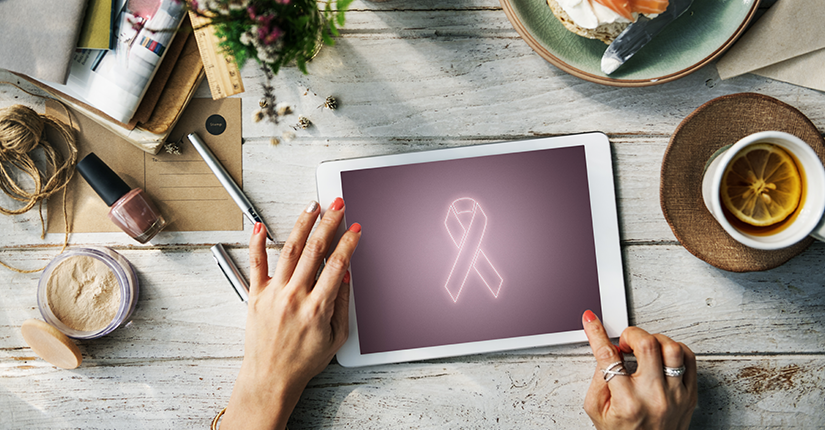
Breast cancer is a complex disease with various triggering factors. Some of them include, age, family history, genetics, and gender. However, some factors are better kept in control, like smoking, physical activity levels, body weight and diet. There are enough studies that showcase the fact that only by changing some dietary habits, chances of developing breast cancer is reduced by 30-40%.
What are the symptoms of breast cancer?
In the early stages, there might not be any symptoms. In several cases, the tumor is too small to be felt. However, an abnormality can still be noticed on a mammogram. Later symptoms include:
- Breast pain.
- Red, pitted skin around your entire breast.
- Blood from the nipple.
- A swelling or a lump under your arm.
- A sudden change in the breast size.
- Swelling in the breast.
- Peeling or flaking of the skin on your nipple.
What are the dietary modifications that can help manage breast cancer?
Fruits, Vegetables and Whole Grains:
They contain phytochemicals with antioxidant and antiestrogen properties that can prevent cancer. It is recommended to have 5 or more servings of fruits and vegetables every day. Cruciferous vegetables are especially rich in phytochemicals. Include vegetables like- broccoli, cauliflower, kale, cabbage and brussels sprouts. Whole grains, on the other hand, are high in complex carbohydrates, fibre, vitamins and minerals. A diet high in fibre can have a positive benefit by changing the hormonal actions of breast cancer. Try to include 25-30 grams of soluble and insoluble fibre in your diet.
Options that you can choose from:
- Wheat, rye, oats, rice, corn, and barley.
- Green leafy vegetables: Lettuce, spinach, swiss chard, endives, beet greens, and romaine.
- Legumes: Soybeans, peas, chickpea, peanuts, kidney, mung, and lentils.
- Nightshade family: Eggplant, and tomato.
- Phenolic compounds: Garlic, green tea, soybeans, cereal grains, liquorice root, and flaxseed.
Fats:
Decrease having trans fats in your diet. Increase your intake of protein and omega-3 fatty acids through salmon, and other fatty fish, and nuts and seeds.
Options that you can choose from:
Skinless chicken, tofu, walnuts, almonds, turkey breasts, flax and chia seeds, pumpkin and sunflower seeds, and tuna.
What are the foods that you should avoid?
- High-fat meats and dairy products:
- Alcohol:
- Sweets:
- Undercooked foods:
They are high in unhealthy saturated fats. So, it’s best to refrain from whole milk, butter, cream, and fatty red meat.
Beer, wine and liquor have a grave risk factor attached to the development of breast cancer. So, restrict yourself from its intake.
Cookies, cake, sodas, and other sugary treats cause weight gain, spike your blood sugar levels and create inflammation in your body. They are best kept at bay.
Cancer treatments can make your white blood cells count drop. Without enough WBCs, your body is more susceptible to infections. Avoid raw foods like sushi, and oysters while undergoing cancer treatment. Cook meats, fish and poultry before eating them.
Over to you
When you eat a healthy diet it can help you, maintain healthy body weight, keep the tissues healthy, reduce cancer symptoms and the side effects of the treatment, boost your immune response, build your strength and improve your quality of overall living.


